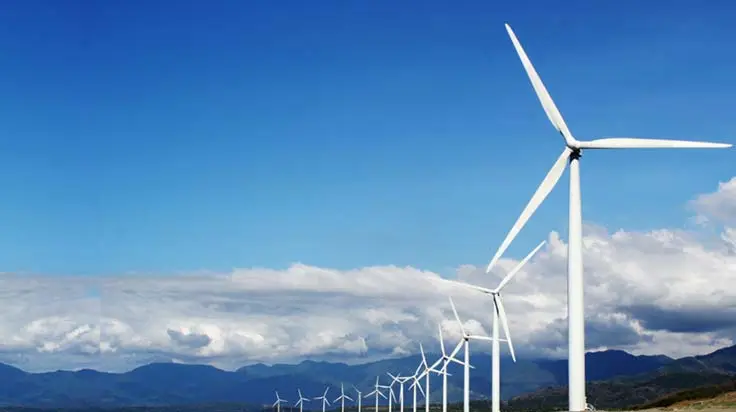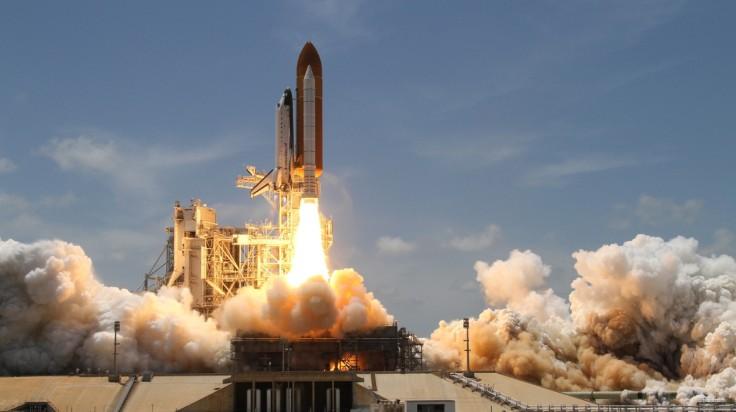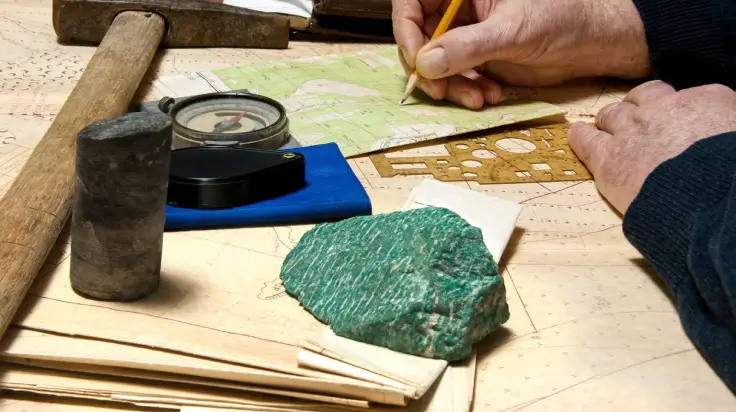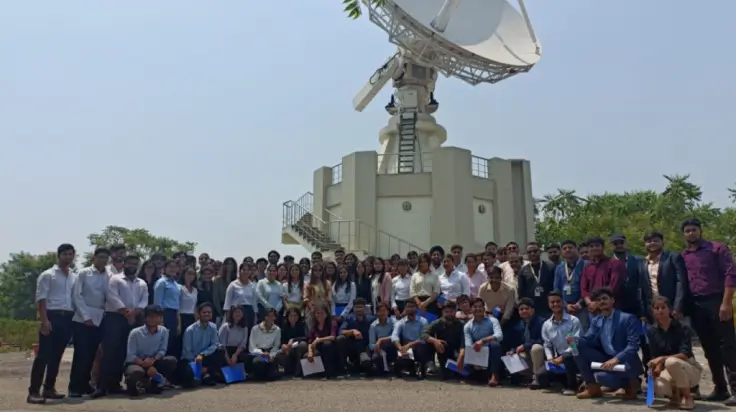Geoscience Education: Navigating the Route to Net Zero Emission and Bright Career Horizons
- Dr. Annapurna Boruah
- Published 10/11/2023

Exploring the Earth’s secrets, decoding its history, and contributing to crucial areas like natural resource management, environmental protection, and hazard assessment, geology stands as one of the most captivating and rewarding career choices. Dive into this fascinating field and unlock its allure for a lifetime of exploration and discovery. Geoscience, the scientific study of the Earth’s structure, processes, and history, has an inherent allure that captivates individuals from all walks of life. This multidisciplinary field combines elements of physics, chemistry, biology, and environmental science to unravel the planet’s mysteries. Here, we delve into the reasons why geology is often regarded as one of the most attractive and rewarding career paths. Geology challenges the mind with complex problems that require critical thinking and problem-solving. The ability to make a tangible impact on society is a rewarding aspect of the profession.
Geologists, geoscientists, and geoscience engineers are indispensable contributors to climate change research and efforts to mitigate its impact. Leveraging their expertise in reconstructing past climates, creating paleoclimate models, evaluating climate-related risks, advancing carbon capture and storage techniques, and advocating for sustainable resource exploration, geologists provide invaluable insights and solutions to confront the challenges presented by climate change. Geological formations store carbon dioxide (CO2) captured from industrial processes, reducing emissions. Geothermal energy harnesses Earth’s heat for zero-carbon heating. The subsurface safely stores hydrogen for low-carbon power and transport. Critical minerals for renewable energy and electric vehicles are sourced from global mineral deposits. Detailed geological knowledge ensures the safety and sustainability of low-carbon energy projects like wind and nuclear power. Climate change affects groundwater, coasts, soils, and landscapes, leading to increased geohazard risks such as landslides, sinkholes, and flooding. Geological research enhances our understanding of environmental changes and geohazards, guiding adaptation efforts for greater societal resilience.
You’re probably familiar with the historic Apollo 11 mission, which brought humans to the Moon. Ever wondered how NASA knew where to land the spacecraft? Mr. Eugene Merle Shoemaker, who founded the USGS Astrogeology Research Center in 1963, played a crucial role in mapping the lunar surface and providing essential data for Apollo astronauts. In 1981, the Geological Society of America created the Planetary Geology Division to expand our understanding of planetary geology beyond Earth. As we venture into the cosmos, planetary geology continues to evolve, driving our quest for knowledge and exploration.
According to the Bureau of Labor Statistics, the number of geoscience jobs is projected to increase by 14% over the next decade, which is faster than the average growth rate for all occupations. As reported by the Bureau of Labor Statistics (BLS), there are approximately 3,00,000 geoscientists and 8.7 million STEM (Science, Technology, Engineering, and Mathematics) workers employed in the United States. The average median salary for geoscientists is $83,811, while STEM workers earn an average median salary of $81,413. Both of these median salaries significantly exceed the overall annual median salary of $35,080 for the entire U.S. workforce. Petroleum geologists earn an average salary of $129,550 per year, mining geologists earn an average salary of $98,670 per year and environmental geologists earn an average salary of $84,060 per year. When it comes to career prospects in the UK, industry trade association Offshore Energies UK (OEUK) has revealed that the sector supported 213,600 oil and gas jobs in 2022, an increase of over 6% from 2021 (200,800 in 2021). According to My Energy Future, the UK energy sector is expected to see 10,000 new entrants by 2025. This surge in employment is fuelled by the growing demand for resources, a demand that geologists play a crucial role in meeting.
In India, there are abundant opportunities for geologists, spanning various sectors, including the private sector and public sector undertakings (PSUs). Maharatna companies like ONGC, NTPC, IOCL, BPCL, HPCL, CIL, GAIL, among others, provide particularly promising prospects for geologists. These organisations offer diverse roles and projects, making the field of geology a promising and dynamic career choice in India.
However, geology is not just a profession; it is a journey of exploration and learning, contributing to a better understanding of our planet and its future. It’s a career that appeals to those who are passionate about making a positive impact on the world.


Dr. Annapurna Boruah
The writer is Annapurna Boruah, Associate Professor, Energy Cluster, UPES School of Advanced Engineering
UPES Admission Enquiry
Subscribe to UPES Blogs
Join our community for exclusive stories, insights, and updates
By clicking the "Subscribe" button, I agree and accept the privacy policy of UPES.
















































